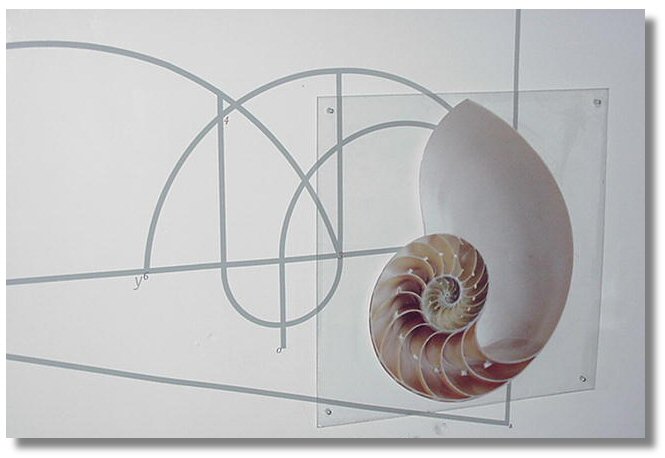

Computability and complexity theory are two central areas
of research in mathematical logic and theoretical computer
science. Computability theory is the study of the limitations
and abilities of computers in principle. Computational
complexity theory provides a framework for understanding the
cost of solving computational problems, as measured by the
requirement for resources such as time and space.
The classical approach in these areas is to consider
algorithms as operating on finite strings of symbols from a
finite alphabet. Such strings may represent various discrete
objects such as integers or algebraic expressions, but cannot
represent general real or complex numbers, unless they are
rounded.
Most mathematical models in physics and engineering, however,
are based on the real number concept. Thus, a computability
theory and a complexity theory over the real numbers and over
more general continuous data structures is needed. Unlike the
well established classical theory over discrete structures,
the theory of computation over continuous data is still in
early stages of development, despite remarkable progress in
recent years.
Many important fundamental problems have not yet been studied,
and presumably numerous unexpected and surprising results are
waiting to be detected.
Scientists working in the area of computation on real-valued
data come from different fields, such as theoretical computer
science, domain theory, logic, constructive mathematics,
computer arithmetic, numerical mathematics and all branches
of analysis. The conference provides a unique opportunity for
people from such diverse areas to meet and exchange ideas and
knowledge.
The topics of interest include foundational work on various
models and approaches for describing computability and
complexity over the real numbers. They also include
complexity-theoretic investigations, both foundational and
with respect to concrete problems, and new implementations of
exact real arithmetic, as well as further developments of
already existing software packages. We hope to gain new
insights into computability-theoretic aspects of various
computational questions from physics and from other fields
involving computations over the real numbers.
For this year's meeting, there will be a particular focus on effectively closed sets and on algorithmic randomness. CCA 2006 is part of the
It is planned to publish a special issue of Mathematical Logic Quarterly dedicated to the conference CCA 2006. After the conference, the participants will be invited to submit their papers for publication in this special issue. There will also be a special issue of Archive for Math Logic on the Special Year in Logic at the University of Florida which is open for CCA submissions as well. The papers will be subject to the usual refereeing process of the journals.